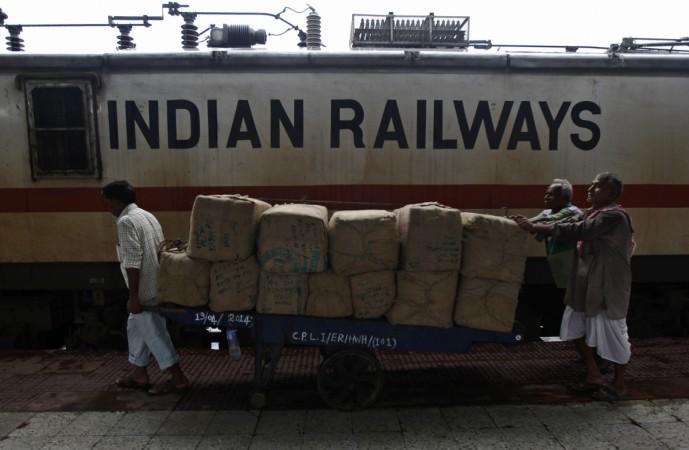
The Indian railways is planning to invite tenders of 4 gigawatt (GW) in order to check its power purchase cost and utilize the vast stretches of linear land along the tracks with greater efficiency. The bids can open up an opportunity of a whopping Rs 18,000 crore for the domestic solar industry including equipment manufacturers and plant installers.
The Financial Express has reported that the project will be aligned with Modi government's ambitious "Make in India" project. If the project materialises, this will be the first time when the Railways will own the electricity generation which would drastically cut down its electricity bills.
The government's nodal agency, Solar Energy Corporation of India (SECI) has planned to invite the solar bidding in two tranches of 2 GW each to be built across 10 states. The first tranche would include states like Odisha, Punjab, West Bengal, Haryana and Rajasthan followed by Andhra Pradesh, Chhattisgarh, Kerala, Tamil Nadu, and Telangana.
At the present level of consumptions, Railways require 16 billion units of electricity every year, which is equivalent to supplies from 12 GW of generation capacity. The national carrier spends a huge sum of around Rs. 10,000 crore on electricity per year with the average per unit cost being around Rs 6. In comparison to other states, it pays higher tariffs in states like Uttar Pradesh, West Bengal and Rajasthan, at 10.52/unit, Rs 9.13/unit and Rs 8.33/unit, rates respectively.
The government is leaving no stone unturned in decreasing its dependency on electricity purchase and develop its own electricity production. In that direction, the planned solar plants would be set up to use the transmission system built for railway traction which will lower the tariff of electricity. As of April 2018, Railways had managed to commission nearly 45 per cent or 30,212 kilometres of total rail lines. Electrification of the tracks will reduce the oil consumption by around 2.8 billion litres which would mean the Railways will save about Rs 13,000 crore per annum by FY22.

















